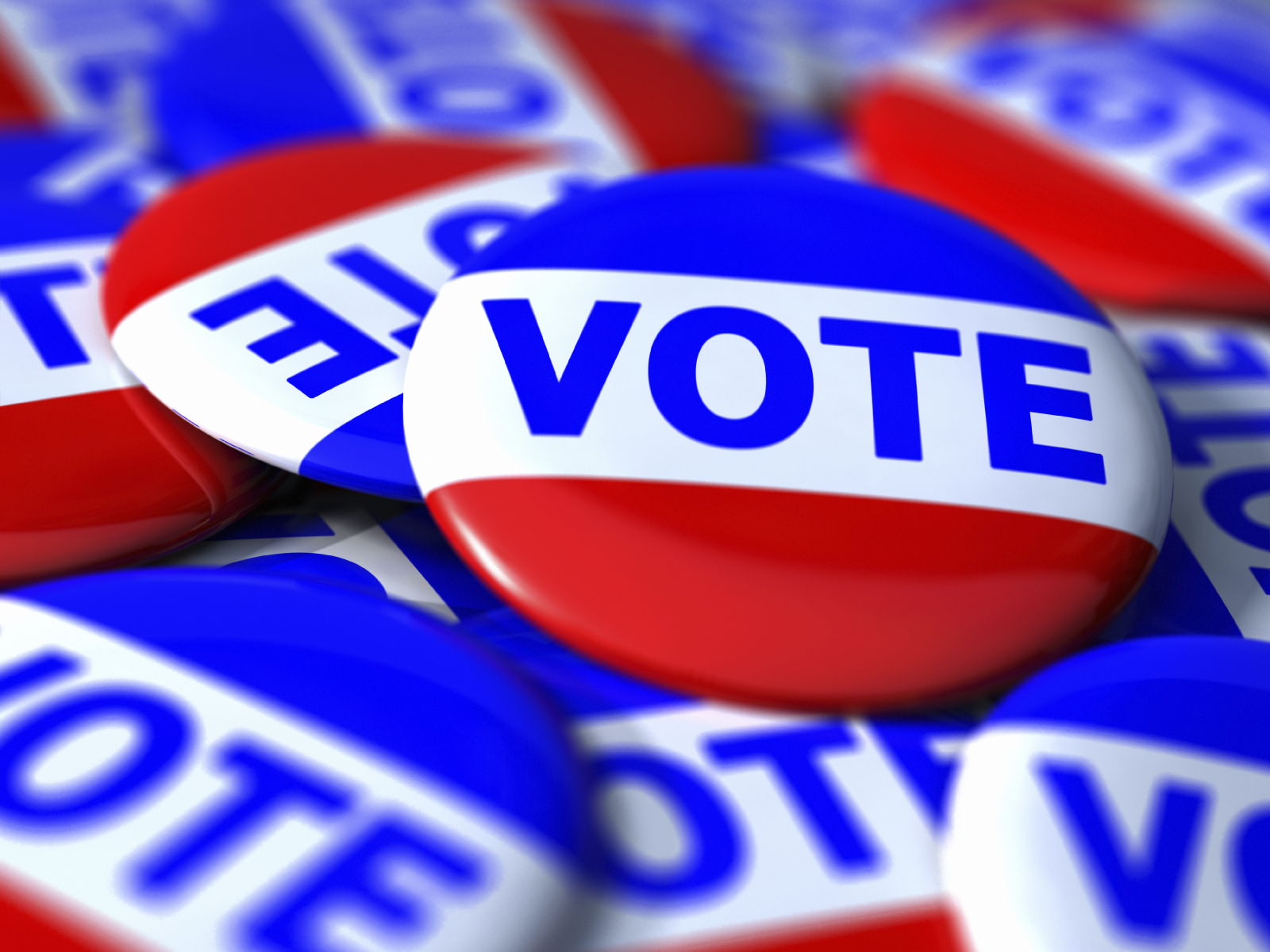WEST LONG BRANCH, N.J.–America has not seen a serious third-party candidate for president since the current two-party system began dominating the country’s political sphere. During most of the elections throughout United States history, third-party candidates have simply not been a factor.
In fact, according to US Election Atlas, the most successful third-party candidate to date captivated voters in 1968–almost 50 years ago. In that year, George Wallace received just over 13 percent of the popular vote and nearly 9 percent of the electoral vote.
When considering the way the current electoral college system works, it is easy to see just how difficult it is for third party candidates to win over a Democratic or Republican presidential candidate. This is especially true in states like Maine or Nebraska, where the electoral votes are not entirely dependent on the popular vote, according to the National Archives and Records Administration.
With less than a year until the next presidential election in the U.S., however, the possibility of a successful third-party candidate arises.

Based on polls across the country, if the election were to occur today, Donald Trump and Hillary Clinton would be representing the Republican and Democratic parties, respectively. It seems like a likely scenario, but there are so many other candidates. This has led some of them to “dangle the possibility of independent runs for president,” according to Yahoo! News, so that they can show up on the ballots in every state.
It seems that some American citizens are in favor of a third-party candidate. Monmouth University senior Nash Weiner said, “I wish we could have a third-party candidate who could bring a more moderate angle into the election.”
Regardless of the situation working out, if a third party candidate were to come forward as a strong candidate, who would it be? With the high number of possible candidates running in the GOP, a candidate could likely emerge from there.
Columnist Charles Krauthammer recently said that he believes either Marco Rubio or Ted Cruz would have the best chance of winning the general election if chosen by their party to run against Hillary Clinton.
“They really handle themselves,” said Krauthammer. “With dexterity on the stage in the way that nobody else did. I think it’s likely that one of those two will be the one who come up against the outsider and then we’ll see.”
By “outsider,” Krauthammer was referring to either Carson or Trump. If one of the two were to run as a third-party candidate, they could make a strong push. Rubio in particular could provide an interesting situation.
After quality performances in previous debates, Rubio has enjoyed growing popularity. In fact, political commentary website Real Clear Politics has Rubio narrowly defeating Clinton in a hypothetical general election. Regardless of this, many, including Krauthammer, believe that it is unlikely for Rubio to defeat a candidate like Trump–or even Carson–for the Republican nomination.
If someone like Rubio were to run as a third-party candidate, there is no doubt that he would have a hard time winning, but he would certainly be able to shake up the vote. He would likely attract voters from both parties.
“The most likely person is Rubio to be able to coalesce both parts of the party and have a unified Republican base,” said Gary Marx, a republican campaign strategist who formerly worked under Scott Walker’s campaign.
People like Marx believe that Rubio falls somewhere between the far right and more moderate, and would be able to attract voters who do not lean any particular way. In addition, he may be able to attract more moderate Democrats.
There is still a year until the election takes place, and many questions still need to be answered. One thing is for certain, though. If there is a third party candidate in the race–whoever it may be–he or she will create an interesting historical moment to say the least.




